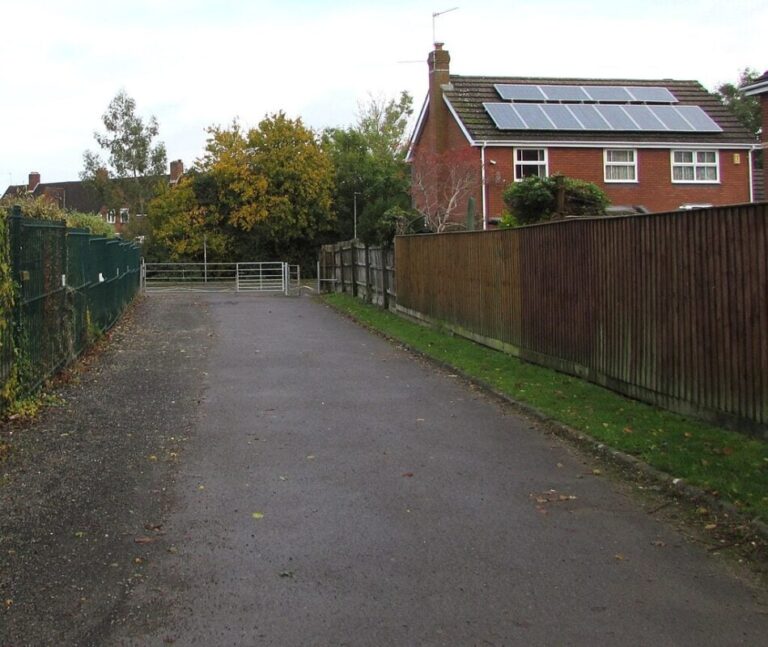Tomorrow (January 17) the government will debate a new bill that will require solar PV generation to be installed in all new homes.
The second reading of the New Homes (Solar Generation) Bill in the House of Commons follows the outrage sparked when it emerged that the Future Homes Standard may not require new-build homes to have solar PV on the roof.
This bill, also known as the Sunshine Bill, would generally require an area equal to at least 40% of the ground floor of a new home to be covered by a solar system, one of the options discussed at the previous government meeting debated. Consultation on Future Homes and Buildings 2023.
Regulations would provide exemptions including for buildings over 15 storeys (which again is the same as the 2023 consultation), buildings with other forms of renewable energy generation and buildings where solar energy generation equipment is not cost-effective to install.
The bill is supported by the MCS Foundation, a charity that monitors standards for home renewable energy systems in Britain, and other charities including the Campaign to Protect Rural England (which opposes large-scale ground-mounted solar energy installations in rural Britain). called on voters to ask their MPs to support the bill in its second reading.
Housing developers have largely remained silent on the bill, which is sponsored by Liberal Democrat MP Max Wilkinson. However, in response to the same option in the 2023 consultation, the Home Builders Federation said that making solar panels mandatory would limit innovation in house building, that running cost estimates were unrealistic and that maintenance costs incurred by homeowners had not been taken into account were worn.
However, housebuilder Vistry Group backed in 2023. It has since partnered with British utility Octopus Energy for ‘Zero Bills’ homes. Launching in 2022, the smart tariff ‘Zero Bills’ means Octopus customers with low-carbon appliances optimized by Octopus technologies will not have to pay for energy.
The homes are equipped with heat pumps, batteries and solar panels. Through the smart tariff, Octopus will not charge customers for 10 years, because the homes generate more energy than they consume.
The government’s commitment to building new houses was set out in its decision manifesto prior to the electionswith the new government promising to simplify the planning process (a move that has also benefited the solar industry) to speed up construction.
Similarly, Energy Secretary Ed Miliband has promised to revolutionize rooftop solar and it was suggested that ministers wanted to introduce solar-related standards for new homes as early as this year.
The potential of solar parking lots
The government’s Clean Power 2030 action plan required it to call for evidence on the potential to encourage the construction of solar canopies on car parks above a certain size.
The installation of solar panels on car parks is already mandatory in a number of European countries, including new car parks in Slovenia and France for everyone with more than 80 places.
Managing director of renewable energy solutions provider RenEnergy, Damian Baker, said: “The Sunshine Bill is a welcome step in the right direction for solar energy production in this country.
“However, there is an open target for solar energy production in Britain, which countries such as France and Slovenia are already responding to. If the government also mandates the installation of solar carports in new car parks and car parks with more than 40 spaces, we could see significant renewable production on land already used for car parking.”


